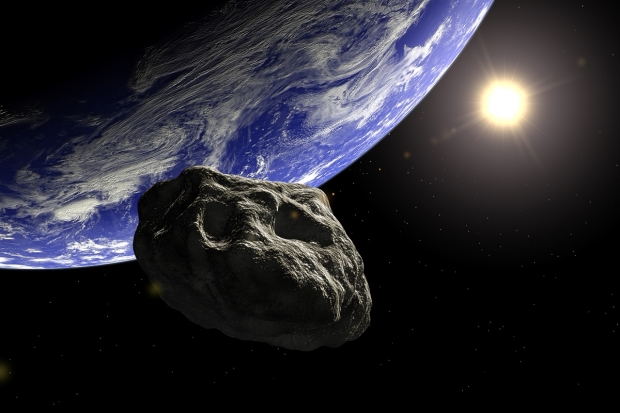Researchers from the Institute of Astronomy at the University of Hawaii operate ATLAS, NASA's asteroid monitoring system, and it has recently been given some upgrades.
The Asteroid Terrestrial-impact Last Alert System (ATLAS) originally consisted of two telescopes located in Hawaii but has now doubled the number of operating telescopes to four, with the two new telescopes being located in Chile and South Africa. With two new telescopes in the Southern Hemisphere, ATLAS is now able to see the entire sky and scan it every 24 hours for any potentially hazardous objects.
Space.com reports that the image that ATLAS is able to obtain in a single exposure is 100 times larger than the full moon from the perspective of standing on Earth's surface, adding that this increase in observational capabilities will give Earth greater protection in being able to spot any potentially hazardous objects preemptively. At the moment, NASA knows of around 28,000 asteroids, and since operations began in 2017, ATLAS has spotted 700 near-Earth asteroids and 66 comets.
Notably, NASA states that it hasn't found any significant asteroid impact threat to Earth but is still searching for any possible threat that could present itself years or even decades into the future. The space agency's goal is to identify a threat like this years in advance so the object can be deflected.



